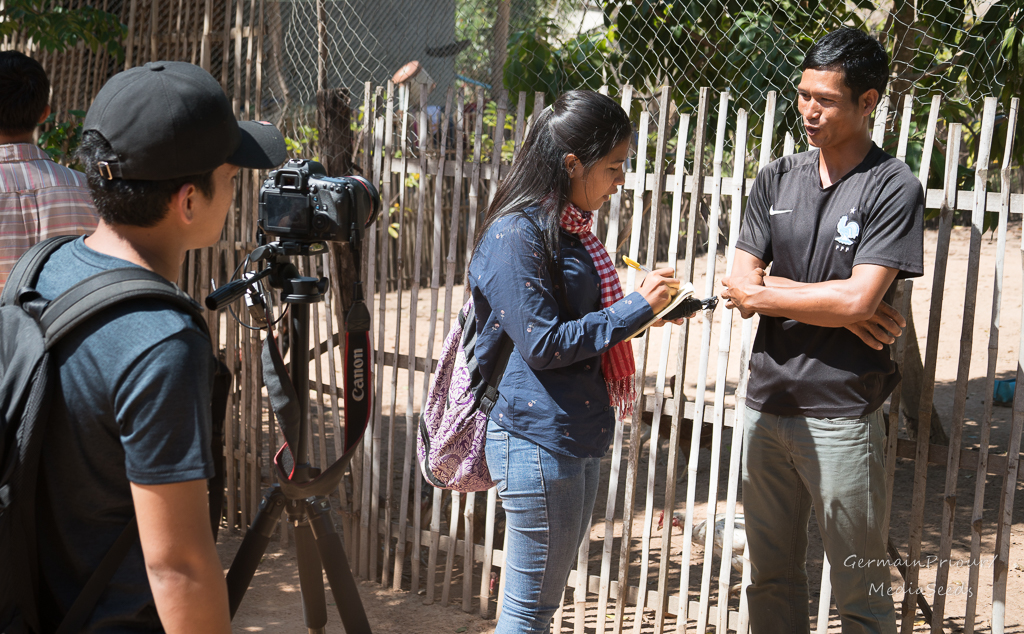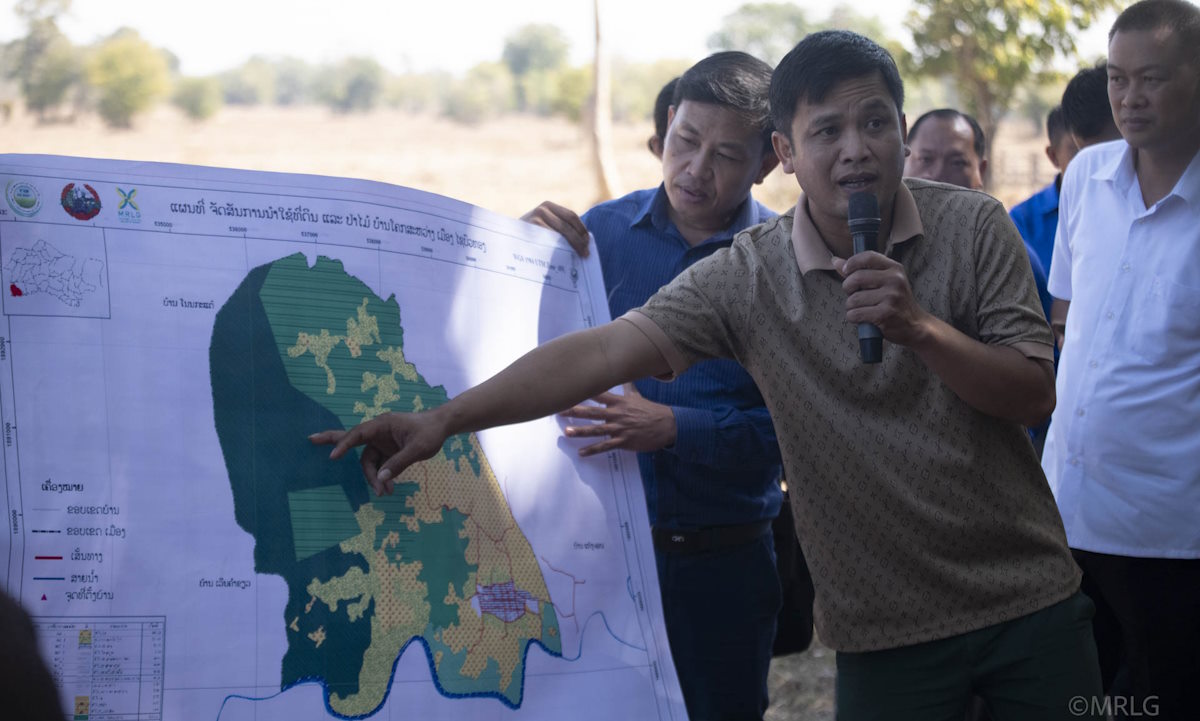On 10 March last, a press conference organised by several civil society organisations and NGOs was held in Yangon, in Myanmar. This event aimed to inform public debate and avoid the serious consequences generated by the amendment of a highly controversial land tenure law that could deprive thousands of farmers of their land.
This coalition of organisations, which includes GRET and MRLG (a regional project led by GRET and Land Equity International in four countries in the Mekong region), rose up against this amendment, which was voted on in September 2018 and defines some land as “vacant”. The government in fact plans to take over farmers’ land, unless the latter notify the authorities of their customary land rights within six months. Apart from confiscation of their land, these farmers also run the risk of receiving a fine or a prison sentence.
While “vacant” land would appear to represent one third of the entire territory, the coalition of organisations called on the government in November via a letter pointing to the impossibility of passing such a law. NGOs are worried about the injustice of such an amendment, highlighting in particular weak local administration, lack of information provided to farmers on this procedure, and the short time frame within which to complete it.
The coalition is also worried about the risk of land conflicts that this situation could generate. A large portion of so-called “vacant” land covers the uplands where ethnic minorities live, where the State’s administration has little presence and is not very inclined to recognise the customary rules of these ethnic minorities. There is in fact no mechanism for official recognition and protection of customary rules. Many civil society organisations, particularly those created by ethnic minorities in the country, are challenging this law, claiming there is no vacant land in their regions. Furthermore, in many regions, decades of conflict have led to a large number of people becoming displaced and losing access to their land, making it impossible for them to claim their rights.
Although the government made commitments in recent years in favour of reducing land conflicts and progressing the national peace process, this law could have the opposite effect. With the six-month period ending on 11 March, very few permits have actually been requested and some farmers are already being prosecuted. The initial fears expressed by the coalition are starting to be confirmed.





